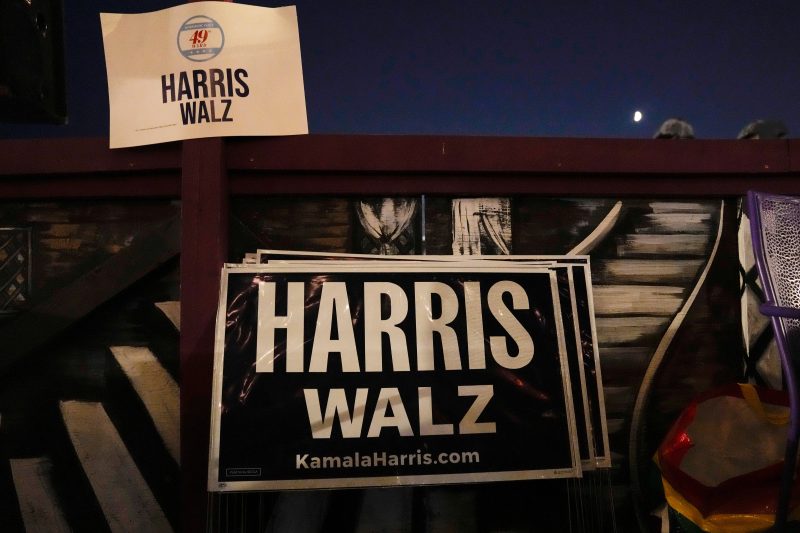Body:
The recent statement by an Ohio sheriff urging residents to jot down the addresses of homes displaying signs supporting Vice President Kamala Harris has sparked a debate on privacy rights and political expression. While the sheriff’s intention may be to ensure safety during potential political unrest, such a directive raises concerns about the line between security measures and invasion of privacy.
In a time when political tensions are high, it is understandable that law enforcement agencies are keen on preventing any form of violence or conflict. However, singling out homes based on their political affiliations could set a dangerous precedent. It opens the door to potential targeting or harassment of individuals simply expressing their support for a particular candidate or party.
The right to free speech and political expression is a fundamental aspect of democracy, and citizens should not be afraid to exercise these rights without fear of retribution or scrutiny. By encouraging the monitoring of households with Harris signs, the sheriff’s suggestion risks creating an atmosphere of fear and division within the community.
Moreover, the idea of compiling a list of addresses linked to political beliefs raises significant concerns about data privacy and security. Who would have access to this information, and how would it be used? Without proper safeguards in place, there is a risk that such data could be misused or exploited for ulterior motives.
Instead of singling out specific households, law enforcement agencies should focus on promoting dialogue and understanding among community members with diverse political beliefs. By fostering communication and respect, authorities can help prevent potential conflicts and create a more united and inclusive society.
In conclusion, while the Ohio sheriff’s directive may have been well-intended to ensure public safety, it raises important questions about the balance between security measures and individual rights. Safeguarding free speech and political expression is crucial in a democratic society, and any actions that infringe upon these rights should be carefully reconsidered to uphold the principles of democracy and privacy.
